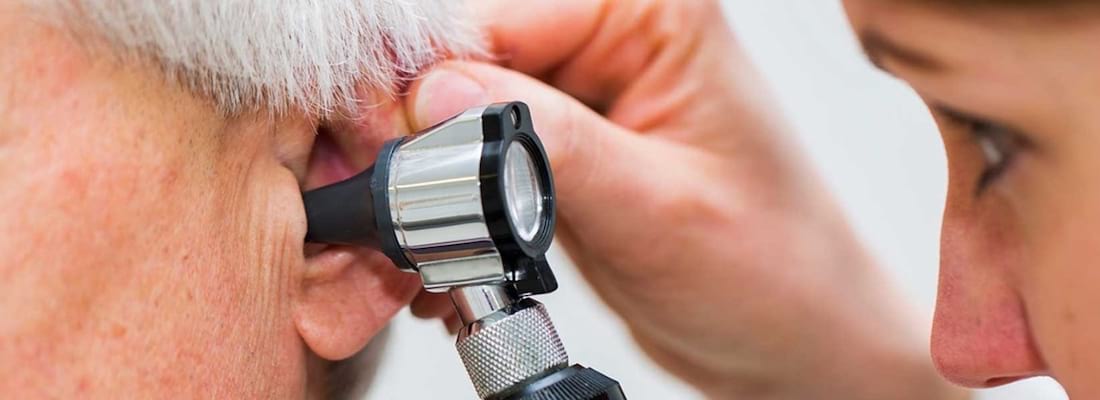“Sorry? Huh? Would you mind repeating what you said? I couldn’t understand you.” How often have you heard that? Hearing loss isn’t just an ear issue; it’s a quality of life and health issue.
Reduced hearing is intensely frustrating for people with hearing loss, as well as for those around them. In fact, a survey of 1,500 hearing-impaired people over 55 revealed that almost half (44% of people) said that relationships with their partner, friends or family have suffered because they can’t hear properly. What’s worse is that it can take up to 10 years before someone with hearing loss takes action.
It’s no big deal, right?
Most hearing loss is subtle and gradual, worsening in parallel to our aging. Plus, “getting by” with a little hearing loss is a lot easier than, say, vision impairment. Take driving, for example. Or reading. Fixing bad eyesight with glasses carries no stigma, whereas wearing hearing aids to hear better might — though it’s definitely waning.
Is waiting worth it?
Is waiting (or ‘getting by’) worth it? Is putting off getting help for hearing worth the hit it takes on our quality of life? Is stubborness worth missing our favorite sounds, lessening our love for music or movies, or isolating us from the people and activities we enjoy most?
What happens if you do nothing?
Untreated hearing loss can have serious consequences. A decrease in hearing sensitivity is associated with diminished cognitive function, poorer mental health, and social withdrawal. Another survey found significantly higher rates of psychosocial disorders, including depression and anxiety, in individuals with untreated hearing loss - those who were not wearing hearing aids.
Hearing loss is linked to dementia
There have been many academic studies that have identified a link between the degree of hearing loss and the risk of developing dementia. Individuals with mild hearing loss are twice as likely to develop dementia, those with moderate hearing loss were three times as likely, and those with severe hearing loss were five times as likely to develop dementia; when compared to individuals with normal hearing.
When you are listening to someone speak, your brain is processing the sound so that you can understand it. A listener with untreated hearing loss is trying to understand degraded speech signals, therefore their brain has to work harder to process those sounds. While your brain is busy working to understand incoming speech signals, other tasks like memory and comprehension can suffer.
Take action now!
Fortunately, hearing loss is treatable. According to the Better Hearing Institute in the USA, 95% of people with hearing loss can be treated with hearing aids and individuals who treat their hearing loss early have shown significant benefit.
Hearing aids help process incoming sound making it easier for your brain to understand them. Other benefits of hearing aids include reduced mental fatigue, decreased feelings of social isolation and depression, improved ability to do several things at once, improved memory, attention and focus, as well as improved communication skills.
How we can help
If you are concerned about hearing loss, or preventing noise-induced hearing damage, please make an appointment to talk to one of Audiology Medical Services’ clinically trained professional audiologists, available at clinics nationwide. Call 1800 501 501.









0 Comments
Add Comment